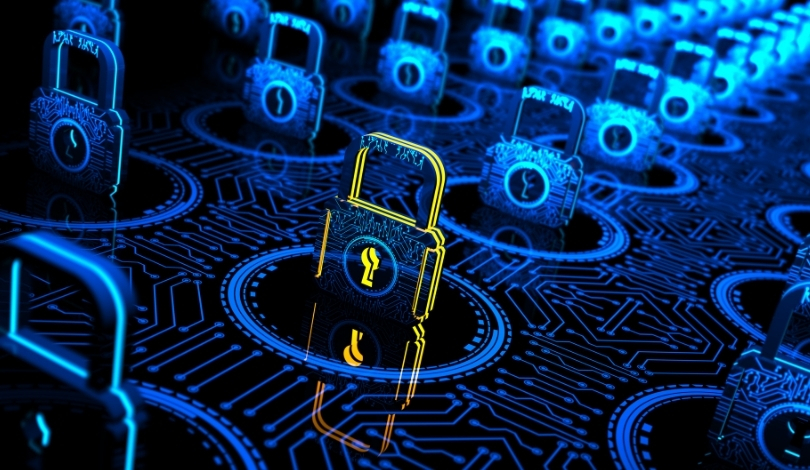Cybersecurity researchers have uncovered a novel method by which hackers are exploiting misconfigured Jupyter notebook servers to illegally stream UEFA Champions League soccer matches. This unexpected use of data analysis tools highlights emerging vulnerabilities within commonly used software environments. The trend underscores the need for organizations to tighten security measures on their interactive coding platforms.
Earlier incidents of Jupyter notebook breaches primarily involved attempts to access sensitive data or intellectual property. However, this recent discovery shifts the focus to unauthorized content distribution, specifically the streaming of high-profile sports events. This divergence in hacker objectives points to an evolving landscape of cybersecurity threats.
How Are Jupyter Notebooks Being Exploited for Streaming?
Hackers are accessing misconfigured JupyterLab servers by exploiting unpatched vulnerabilities and weak passwords. Once inside, they deploy FFmpeg, an open-source multimedia framework, to broadcast live matches to platforms like ustream.tv.
“We saw tennis, saw a UEFA championship game, and we saw some basketball,”
said Assaf Morag, threat intelligence director at Aqua Security’s Nautilus research team.
What Impact Does Illegal Streaming Have on the Industry?
Illicit streaming diverts ad revenue from legitimate platforms and undermines licensed service providers. For example, operations like Jetflicks, which illegally streamed a vast number of TV episodes, negatively affect the revenue streams of authorized broadcasters.
“Nautilus’ analysis shows some private personal Jupyter notebooks, as well as corporate and startup whose servers are exposed to anyone, actively exploited,”
the report noted.
How Can Organizations Prevent Such Exploits?
Implementing stricter security protocols, such as using restricted IPs, enforcing strong authentication, deploying HTTPS, and managing secure tokens, can safeguard Jupyter servers against unauthorized access. Regularly updating software and monitoring network traffic for unusual activities also play crucial roles in prevention.
“To qualify for these earnings, creators often need to meet minimum requirements for followers or view counts,”
the report said. “Unfortunately, threat actors exploit similar methods by stream-ripping sports event feeds and illegally broadcasting them on their own channels to profit from unauthorized views and ad revenue.”
The misuse of Jupyter notebooks for unauthorized streaming highlights a broader issue of securing data analysis platforms against diverse threats. Organizations must not only protect sensitive information but also be vigilant against unconventional exploitation methods. By adopting comprehensive security measures, businesses can mitigate risks associated with both traditional and emerging cyber threats.










